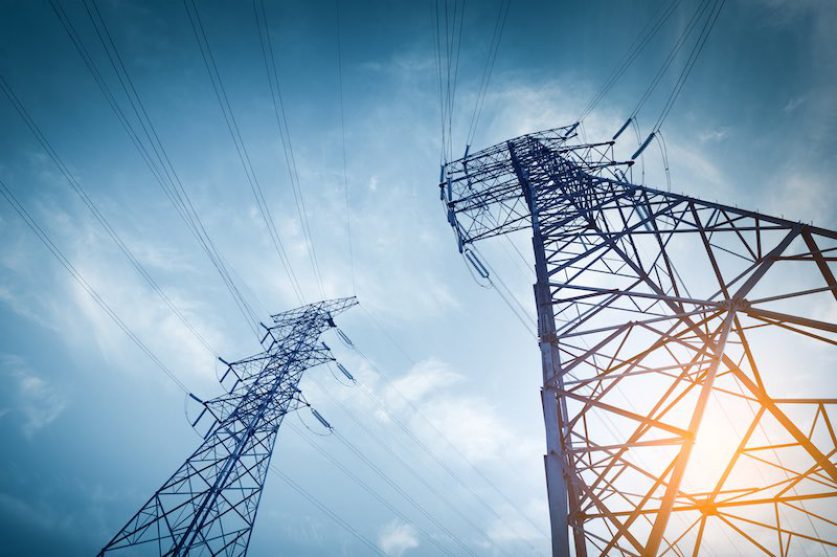
Dampened energy demand during lockdown could force operators to switch off wind farms and power plants, or risk overloading the electricity grid, National Grid has cautioned.
The electricity systems operator is warning that power demand could fall but as much as 20% as the lockdown shutters factories, offices and schools. Demand over Easter weekend was just 15.2GW, far off the 17.6GW National Grid had originally forecast for this summer.
The combination of low demand and high levels of power generation increases the risk of local energy grids overloading and increases their vulnerability to sudden changes in frequency, which can lead to temporary blackouts.
Roisin Quinn, the head of National Grid’s control room, said: “The assumption will be that lower demand makes it easier for us to do our job, with less power needed overall and therefore less stress on the system. In fact, as system operator, it’s just as important for us to manage lower demand for electricity as it is to manage the peaks.”
However, National Grid assured customers the electricity system is stable and can handle tumbling demand.
Director Fintan Slye said the operator was “implementing a number of measures so that consumers in the UK will continue to receive secure and reliable electricity supplies during these uncertain times.”
These measures may include paying flexible renewable generators like windfarms to disconnect at short notice and curbing electricity imports through subsea cables from Europe.
Additionally, power stations may be issued emergency orders to switch off, if electricity demand falls below the baseload output from inflexible power generators, such as nuclear reactors, which take hours to shut down safely.
Hydropower projects may also be recruited as “virtual batteries,” using extra electricity to pump water into lakes, to be released later.
These measures have been previously deployed in the summer, particularly in regions of Scotland where electricity demand is low and generation from wind farms high. However, National Grid expects balancing measures to be used “more frequently and for longer [this year] than in past summers.”
“We know that millions of people rely on us every day to keep the lights on and we want to reassure everyone that we do not expect the operation of the electricity system to be adversely affected,” Quinn said.
A surplus of electricity–a result of wind farms powered by breezy weather and falling demand–led to some customers being paid to use electricity in early April, through Octopus Energy’s smart energy tariff.




